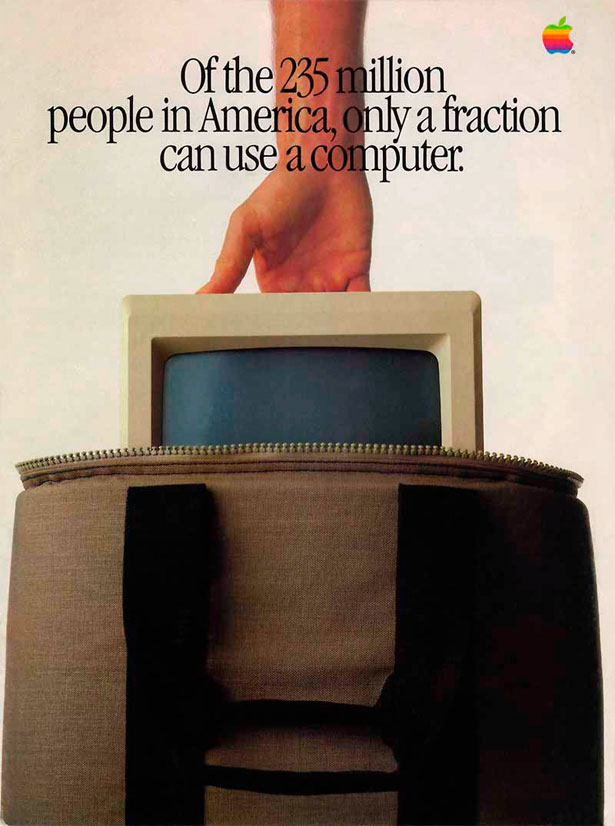Mozilla today released Firefox version 84 with native support for Apple Silicon Macs with the M1 chip, touting 'dramatic performance improvements' over the previous, unoptimized version of the web. Firefox is a free download for Mac (Windows, Linux, Chrombook, too). Apple includes cross-site tracking prevention in Safari for Mac and iOS that first arrived with macOS Mojave and iOS 12.
Apple's latest announcement of introducing ARM processors along with Mac devices created quite a buzz in the technology sector. Apple is calling these ARM-based processors 'Apple Silicon' as they're truly game-changers. Wondering why?
Let's get an in-depth insight into Apple's latest chipset, how are they better than Intel-based processors which were previously used with macOS devices, and everything else that you need to know.
Apple emulator windows. Also read:11 Strange Apple Products You Never Knew Existed
Apple Silicon: How it all Started
List of Contents
Back in June 2020, Apple made an announcement that they will be transitioning to ARM chips instead of using an Intel processor. So, earlier the Mac devices were Intel-based and now some of the devices introduced in late 2020 include ARP chipset, known as Apple Silicon. macOS Big Sur is Apple's latest macOS release (17th), the successor to macOS Catalina. The latest Mac devices now come embedded with Apple M1 chips based on ARM architecture. You can check the details of the processor by navigating to the 'About this Mac' section on your Mac.
Apple laptop mouse. Also read: Here's What Apple Announced in November 2020 Event (& One More Thing)
What are ARM Chips? How Do They Work?
So, what exactly are ARM chips and why did Apple suddenly decide to make this giant transition of moving to the ARM architecture. ARM stands for Advanced RISC Machines, which means an advanced set of processors that use a minimum set of instructions. RISC (Reduced Instruction Set Computing) is quite a desirable approach for designing the processors as it allows you to save cost, minimize power consumption, and lower heat generation of course. The ARM architecture can be easily configured for various environments and is embedded in most desktops and servers.
Porting Firefox to Apple Silicon
As Mac devices will now be supporting the ARM architecture, app developers need to shift and port their programs to this new processor. Although, talking specifically about Firefox here. All the apps and programs that are supported on both macOS and iOS can be easily transitioned into ARM architecture, as iOS already uses the ARM64 architecture. But here comes the real challenge! The iOS version of Firefox is not sound enough that makes the process of transition a little complicated. Firefox does own an ARM engine for Android and Linux platforms but imposed a few restrictions when it comes to iOS or macOS.
Hence, transitioning and moving Firefox to ARM architecture along with macOS Big Sur (Apple's latest macOS update) involves a few compatibility issues and deprecations. Mozilla engineers are working on these technical hurdles to make the transition pretty smooth but yes, we're still expecting a stable release that overcomes and addresses performance issues and bug fixes.
Also read: 5 Reasons To Choose Mozilla Firefox over Google Chrome

Universal Binaries: The Gamechanger
In Apple's terminology, a universal binary is an executable file format that works on both Intel-based processors and ARM architecture. This creates native compatibility between Apple devices for running apps and programs, irrespective of the system architecture. And yes, it simplifies a lot of things for users as they don't have to worry about what version of the app they're installing on their devices. Firefox 84 was released on 15th December 2020 supporting the Apple Silicon architecture although it cannot be tagged as a 'stable release'.

Universal Binaries: The Gamechanger
In Apple's terminology, a universal binary is an executable file format that works on both Intel-based processors and ARM architecture. This creates native compatibility between Apple devices for running apps and programs, irrespective of the system architecture. And yes, it simplifies a lot of things for users as they don't have to worry about what version of the app they're installing on their devices. Firefox 84 was released on 15th December 2020 supporting the Apple Silicon architecture although it cannot be tagged as a 'stable release'.
Firefox For Mac 10.6.8
So, now Mozilla decided that they will be distributing Firefox as a 'Universal Binary' format as it supports both Intel-based and ARM-chipset. But even after switching to the universal binary format, there was still no smooth sailing in the transition. There's still room for further improvements which we are expecting to see in the upcoming Firefox versions.
Wrap Up
Firefox Browser Download For Mac
Porting Firefox to Apple Silicon is a huge transition–indeed. For Firefox to be adapted to the ARM architecture and Apple's latest macOS update, a lot of work still needs to be done in the future perspective.
Firefox Updated With Native Support For M1 Macs, Mozilla ..
What do you think about the same? Feel free to share your thoughts in the below-mentioned comments space. Photo imaging software.

